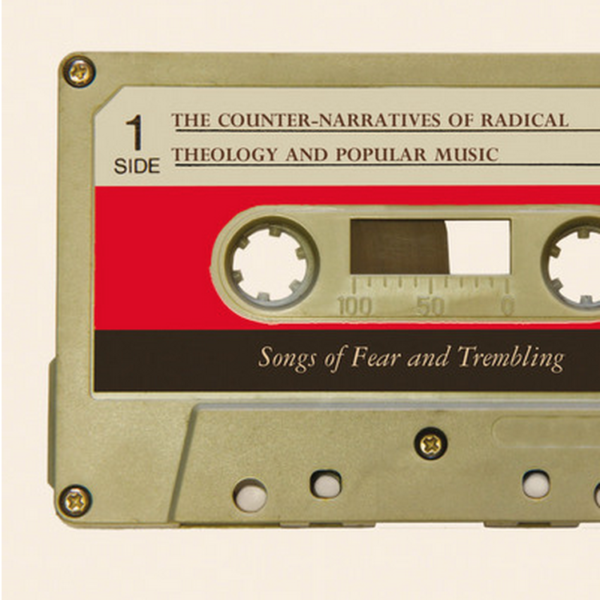
In 1965, the radical theologian William Hamilton stated the following:
‘If “Empty Bed Blues”, Tennessee Williams and “Guernica” are the sights and sounds of neo-orthodox theology, perhaps radical theology is closer to “We Shall Overcome”, Saul Bellow and Robert Rauschenberg.’
Under the pretense of talking about pirate theology, Peter Rollins, Kester Brewer and Barry Taylor gathered to discuss “radical theology” at Fuller this month. Rollins, in particular, analyzed the intersection between psychoanalysis and theology, arguing that Christians need to experience doubt like Jesus on the cross, asking God, the father, “My God, my God, why have you forsaken me?” After much contrived discussion, the panelists concluded that radical theology will lead to the death of Christianity as a religion in order that a new manifestation of Jesus-following might emerge. While I sympathize with Rollins and co.’s intentions, I am not certain how radical theology’s psychoanalytic approach relates to non-western contexts. Moreover, their assessment of radical theology’s (read: Emergent Church) role in church history falls victim to the same dialectical trap that Rollins critiques in his work…